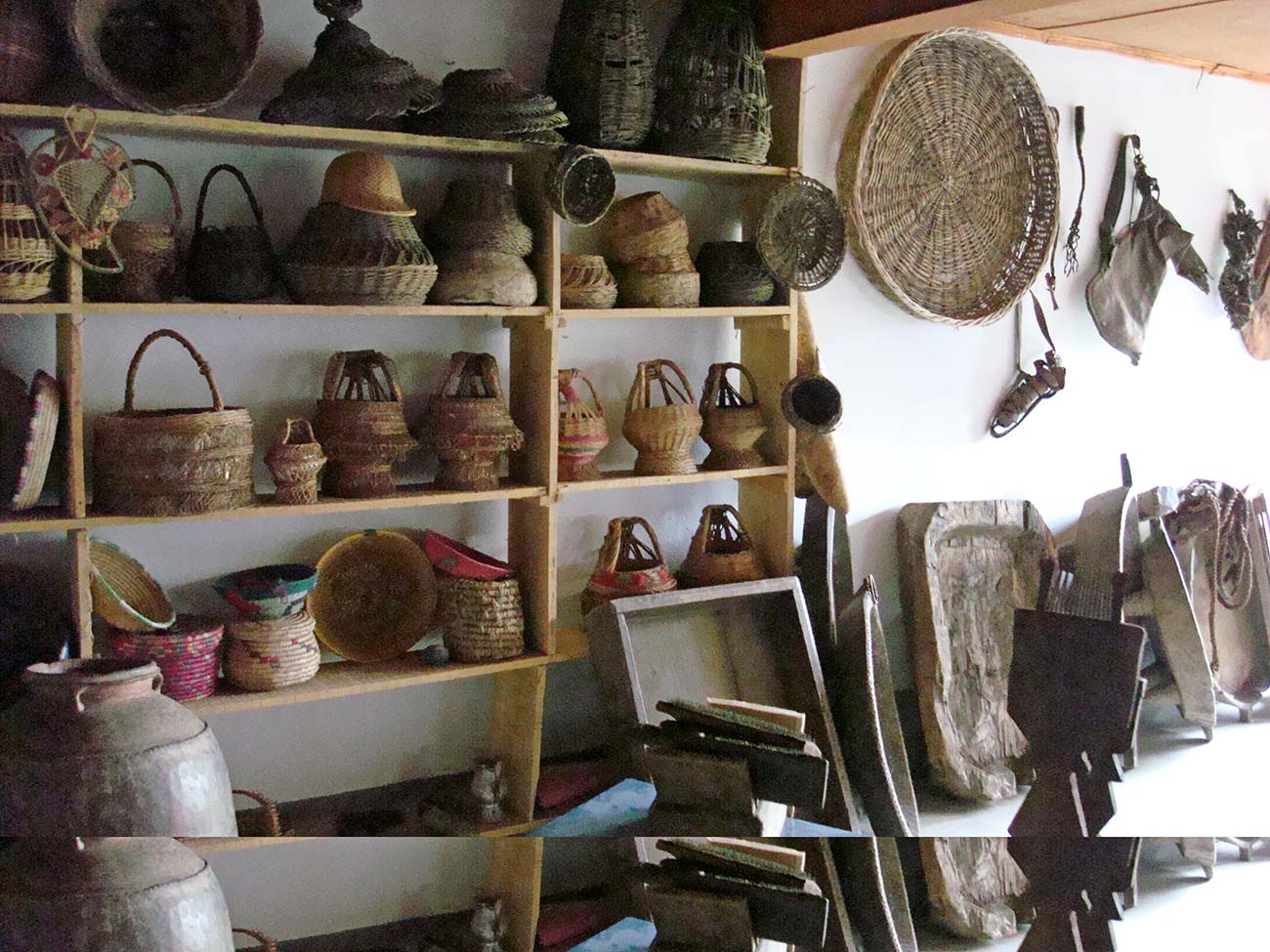Computers are pushing out the good old typewriter, however, nobody knows the fate of thousands of typewriters which were part of the government offices till recently. Abdul Mohamin reports
Young students are busy learning typing skills on the Remington typewriter at the Industrial Training Institute (ITI) in Srinagar. They are happy that they are learning the trade. However, they seem to be unaware that typewriters are vanishing from the government and other offices making way for computers.
“The mechanical typewriter is dead. And as computers take over offices, several manufacturers have completely stopped its production,” says Abdul Ghani, a retired revenue department official.
However, many are still nostalgic about typewriters. Mohammad Amin Ahangar, a former mechanic with the Stationary and Office Supplies Department, says that typewriter should not vanish from offices.
Ahangar says that a total of 360 machines were in use in 1930. “With years more typewriters were used, and typing was learnt by people and many got jobs with this skill,” he says, adding that the government also introduced it as a subject in Commerce stream. Typewriting was also taught in Industrial Training Institutes (ITIs) and at private institutes.
Learning typewriting would give students an edge over others at the time of employment in the government sector.
“Knowing typing skills is still a must for various (mostly clerical) posts in government and there is still a great demand of typists here,” says Shabir Ahmad Bhat, an instructor at ITI. The institute runs a one-year course wherein typing and shorthand is taught.
Bhat says typists are still relevant as the government is in “dire need” of them. “Practical tests of thousand of candidates by various recruiting agencies and government departments are carried out in this institute,” he says.
However, Bhat acknowledges the fact that typewriters are making way for computers in the offices. Ahangar says that faulty typewriters in government offices were sent to the repairs section at Government Press and were returned to be used again.
“I don’t know where thousands of typewriters vanished that were in use in the government offices,” he wonders.
Ahanger now runs a typewriter repair shop at Habbakadal. He feels that typewriters can still be used as these are “cost-effective with low maintenance cost”.
As employees increasingly use computers, the mechanical chatter of typewriters has fallen silent in many offices. A court is still a place where typewriters are used to write affidavits, though computers have also taken over court complexes.
“In computers, we only have to change the name as the text format for the affidavits usually remains the same and we can deliver a printed one in seconds,” says Mohammad Sidique, who operates a DTP centre near lower court at Amira Kadal.
A few years back there were many private typewriting institutes in the Srinagar and other towns of the valley but very few are functional today.
Ahangar, who also runs a typing institute, says that a number of students has gone down drastically over the years. “The skill can be vital for operating computers as many who can work on typewriters have an advantage of good word speed on computers which has a similar key pattern,” he says.
He says that many top government officials started their career as typists. The government still employs typists, which drives some people to learn this skill.
To find a new typewriter is not only difficult but also a costly affair. A typewriter can cost up to Rs. 20,000, almost equal to that of a computer.
Deputy Director of Stationery and Office Supplies Department, Bashir Ahmad, says that since 2005 the government has not allotted any money for the purchase of typewriters.
Earlier, typewriters were in demand in different government departments and were purchased in large numbers.
“It was a stationary product and we almost purchased typewriters for more than Rs 30 lakh per year and supplied it to different departments,” says Bashir Ahmad. He says that they not only supplied the typewriters to the departments but also provided service through their mechanics. “Only few typewriters exist now for our personal use, and we have cleared the older stock,” he adds.
Ahmad now has a new computer and a printer installed in his office. He says that most of the typewriters with government departments have been junked as deadstock, and most of them auctioned. “We do not receive any requests now for any typewriter repairs,” he says.















